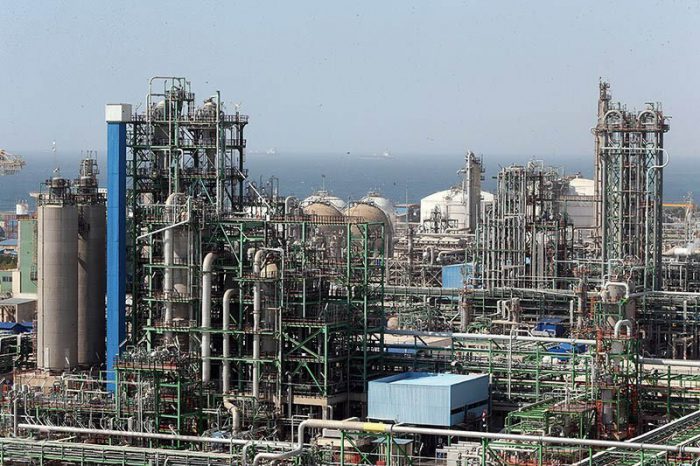US Secretary of State Mike Pompeo announced on 22 April that the United States will terminate the ‘significant reduction exceptions’ for existing importers of Iranian oil. From 2 May, the waivers that have been in effect since November will be withdrawn, and countries that continue to import Iranian oil will face sanctions from the US. China, India and Turkey, the principal remaining oil importers from Iran, will feel the greatest effects of this policy.
The end of the waivers will have differential impacts on the three countries. China, the largest importer of Iranian oil, is likely to defy the American demand for three main reasons. First, as a great power and potential challenger to US hegemony, it won’t want to be seen as bowing to American pressure. Second, Beijing is firmly opposed to any form of unilateral sanctions, probably because it fears that one day it may be subjected to the same treatment. Third, China has substantial leverage with the US because of the large volume of bilateral trade and huge Chinese investments in the American economy.
Turkey is geographically contiguous to Iran and has increasingly overlapping strategic interests with it, especially regarding Kurdish secessionism, which threatens both countries; the territorial integrity of Iraq; and shared antipathy towards Saudi Arabia. Iran is the second largest supplier of energy to Turkey and a leading trading partner as well.
Ankara’s relations with Washington have been rocky due to US support for the Kurdish YPG in Syria, which Turkey considers an extension of the terrorist PKK that has been fighting Turkish forces for decades, and the threat of US sanctions over Turkey’s proposed purchase of the S-400 missile defense system from Russia.
All these factors make it imperative for Ankara to maintain cordial relations with Tehran. It is unlikely, therefore, that Turkey will bend completely to American will, although it may reduce its consumption of Iranian oil to partially placate the United States.
The Trump administration’s decision could not have come at a worse time for India. The country in the midst of a bitterly fought election campaign in which any Indian response can become an intensely divisive issue. The sudden announcement from Washington seems to have caught Indian decision-makers unawares.
Read the article by Mohammed Ayoob in The Strategist.

